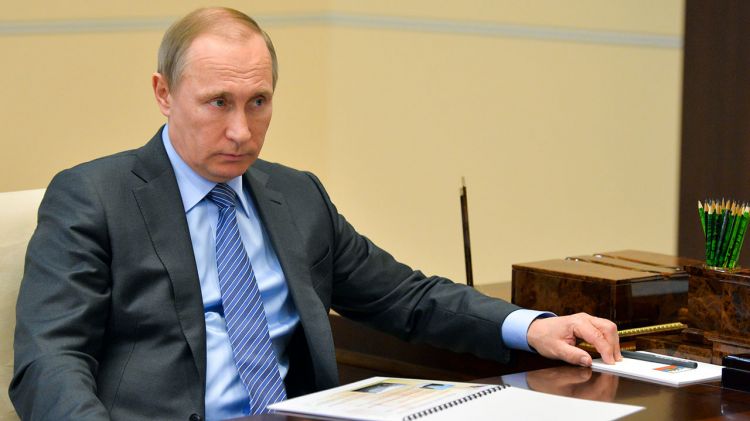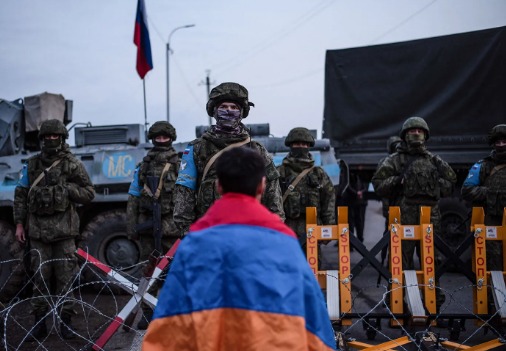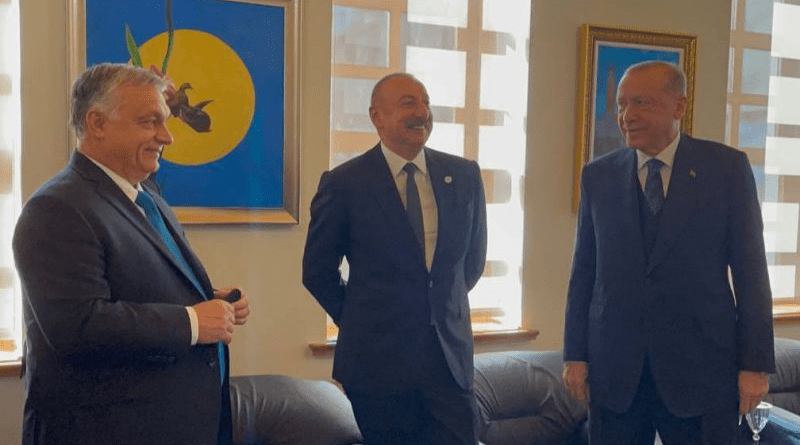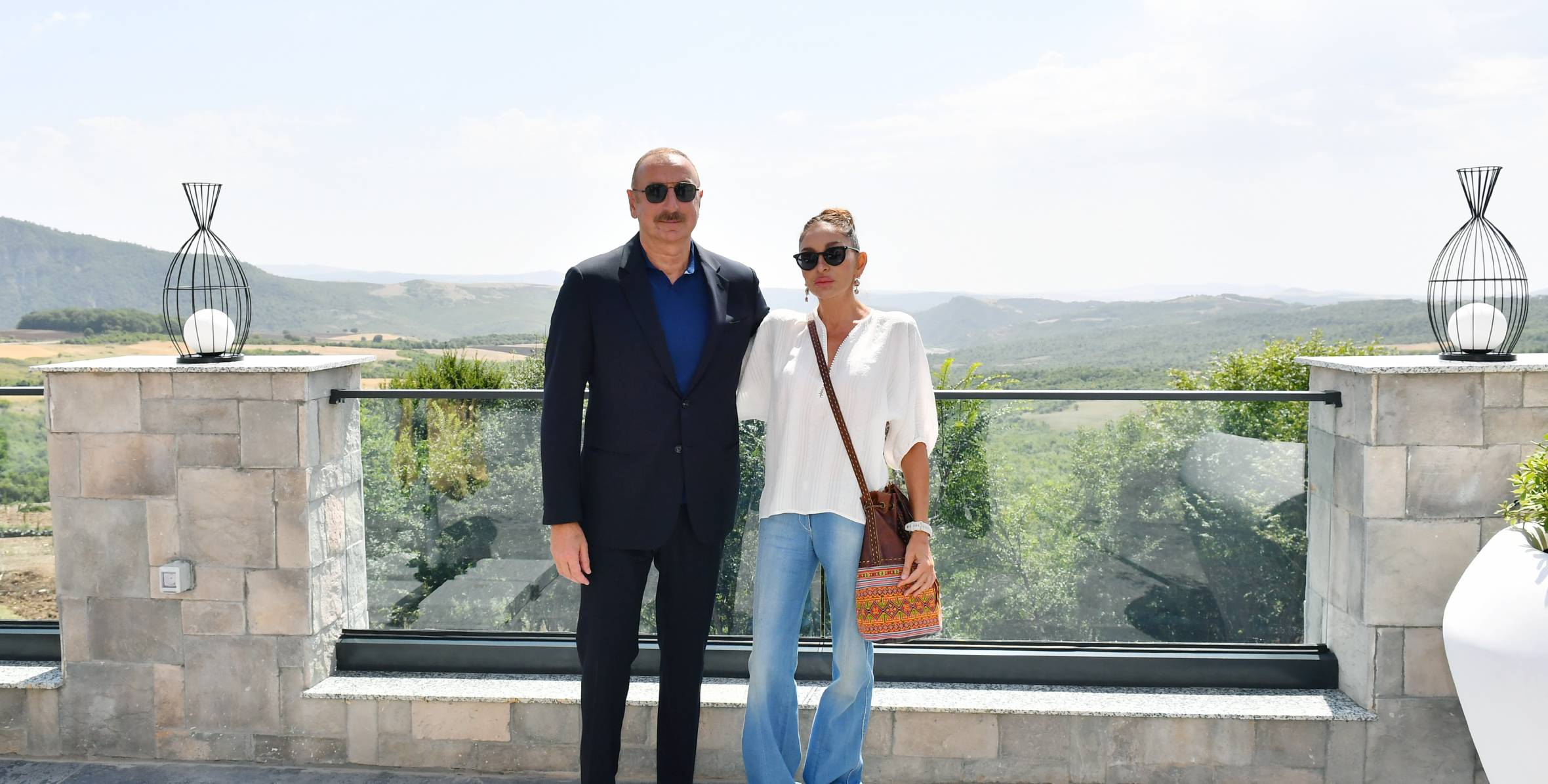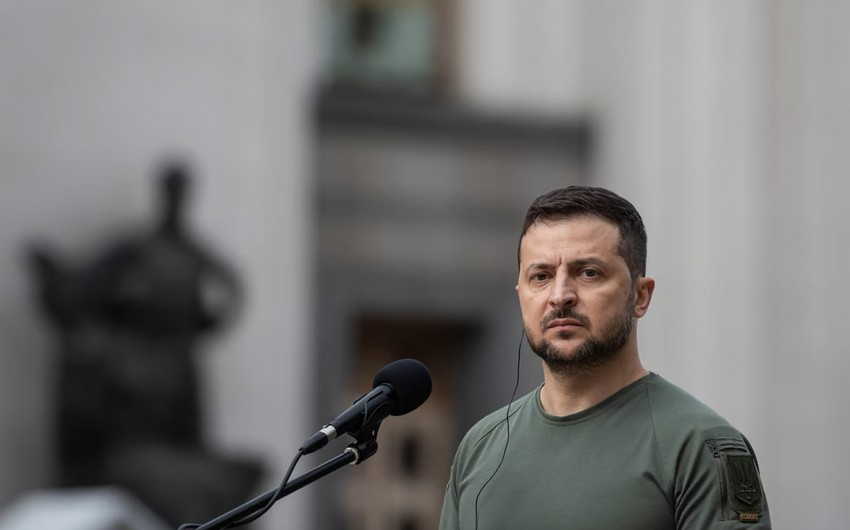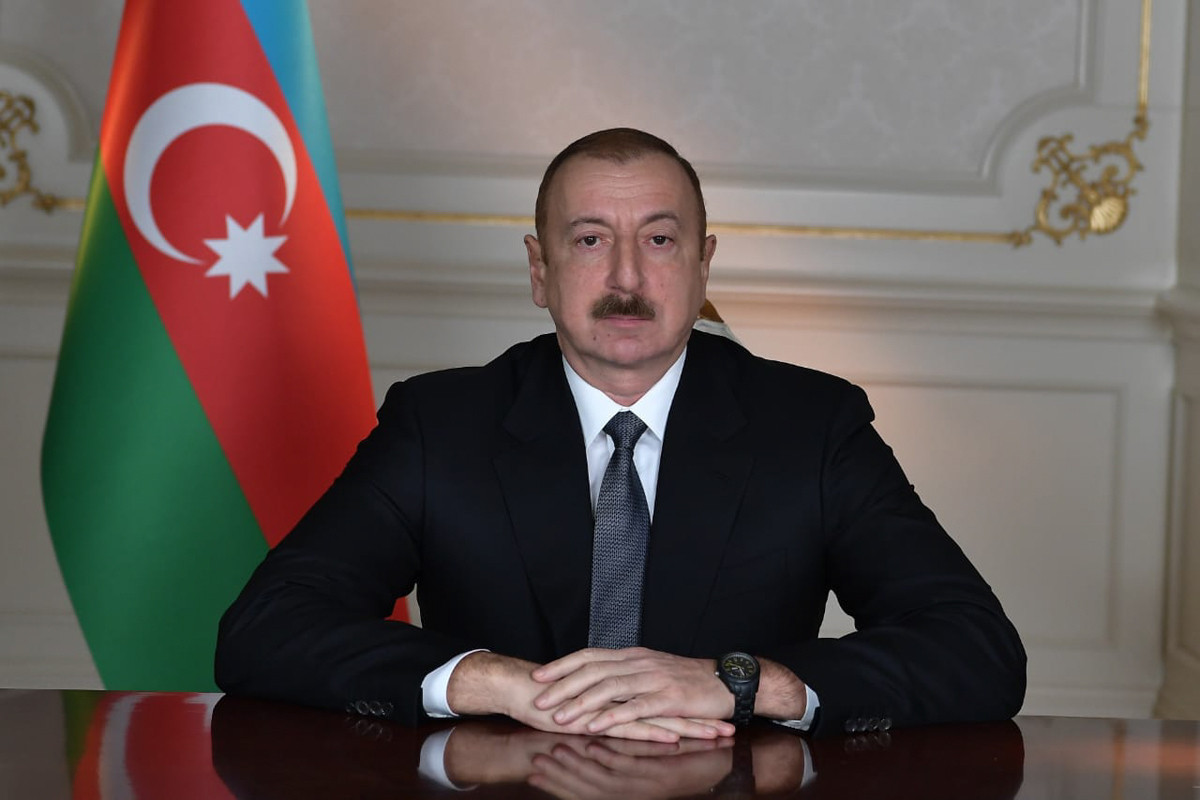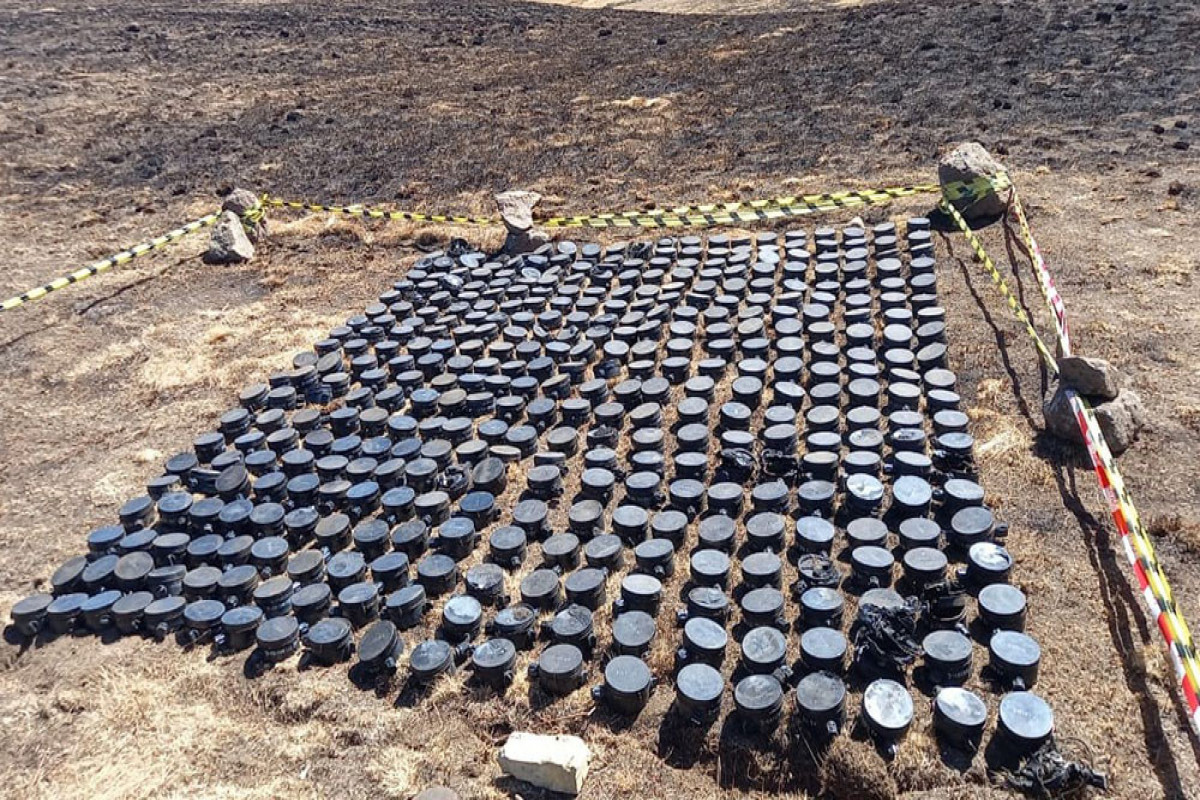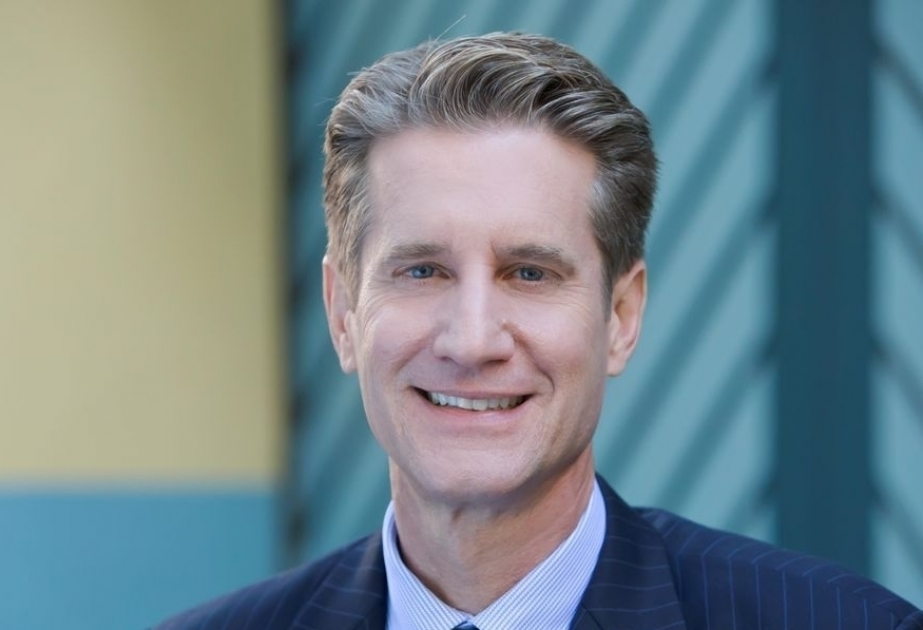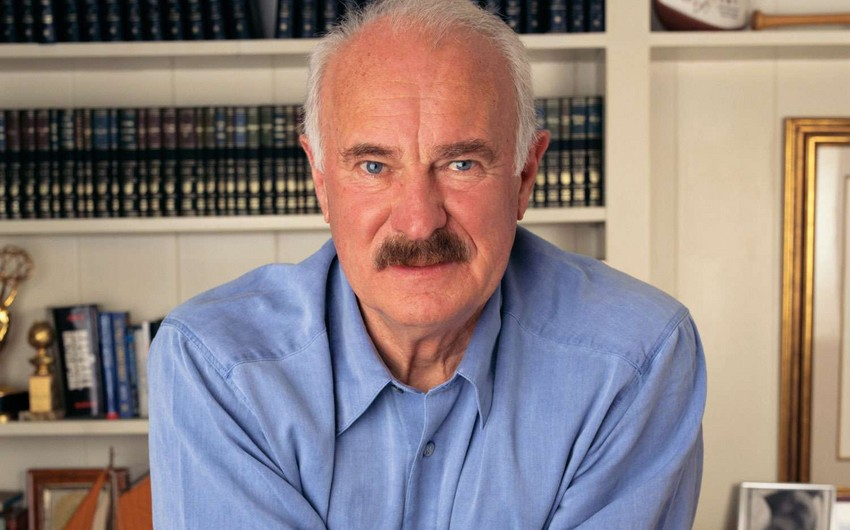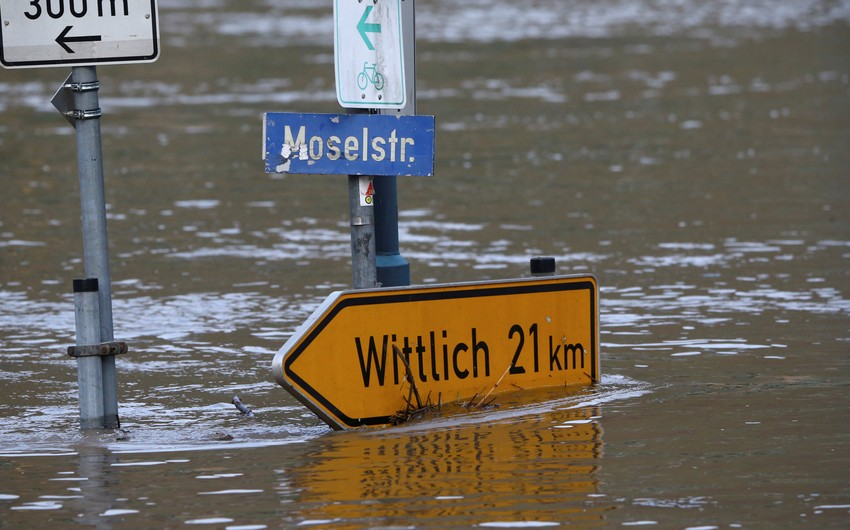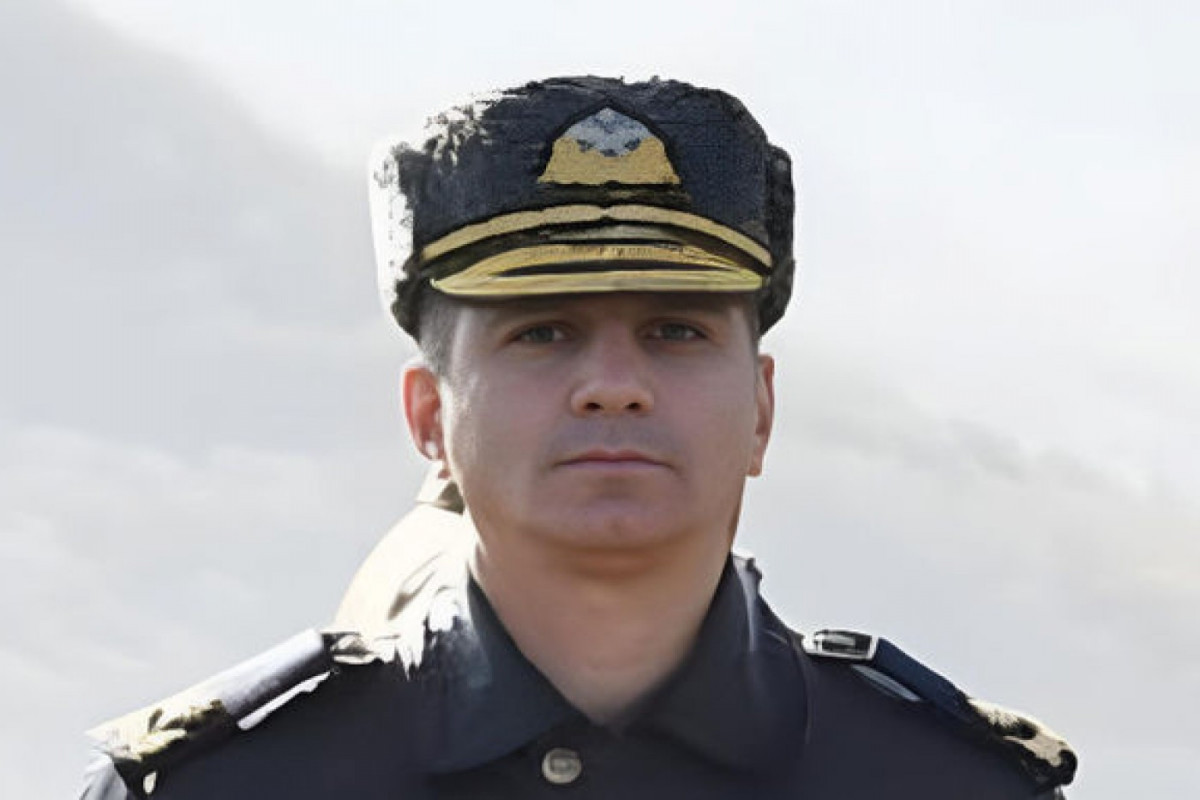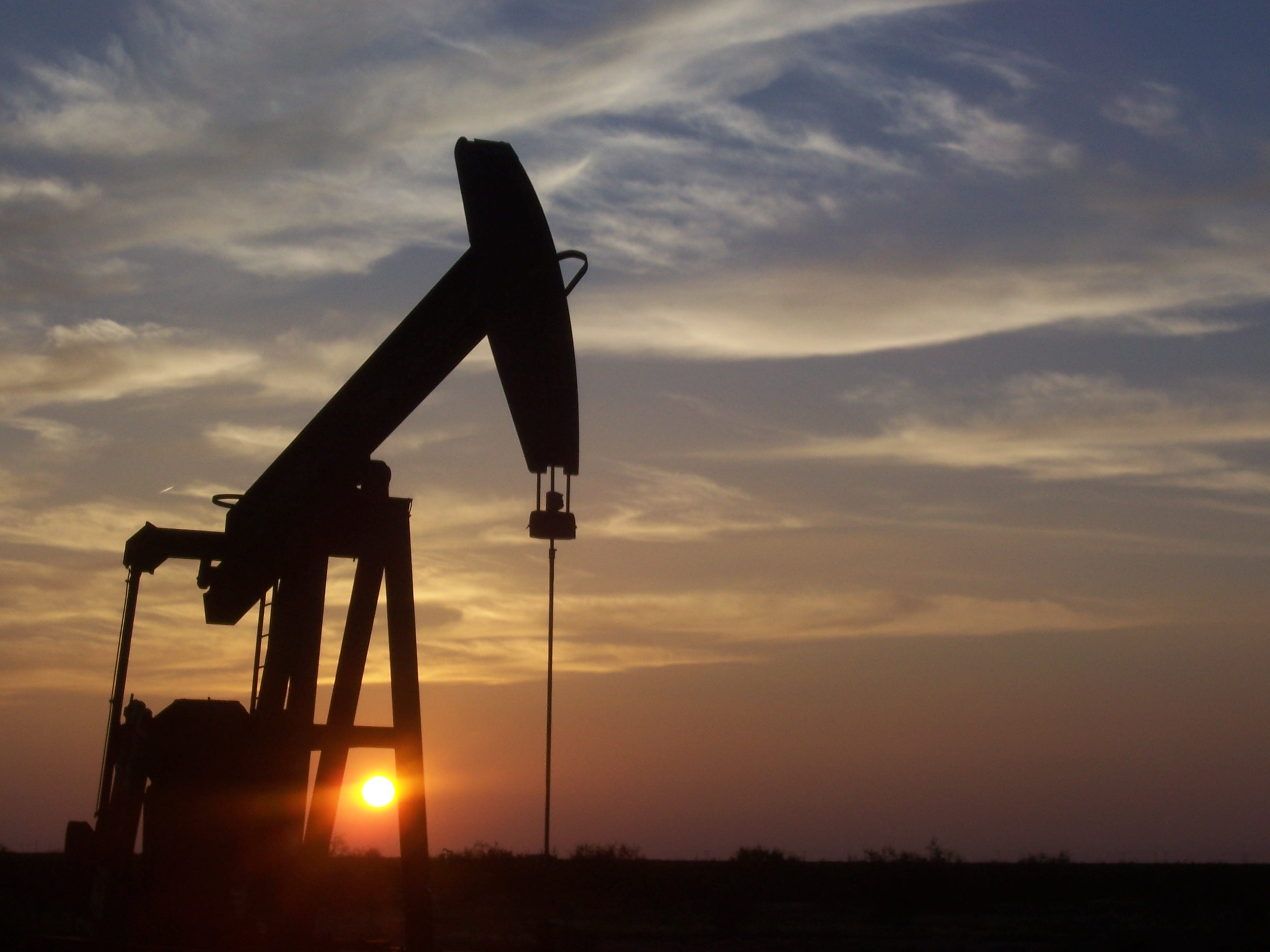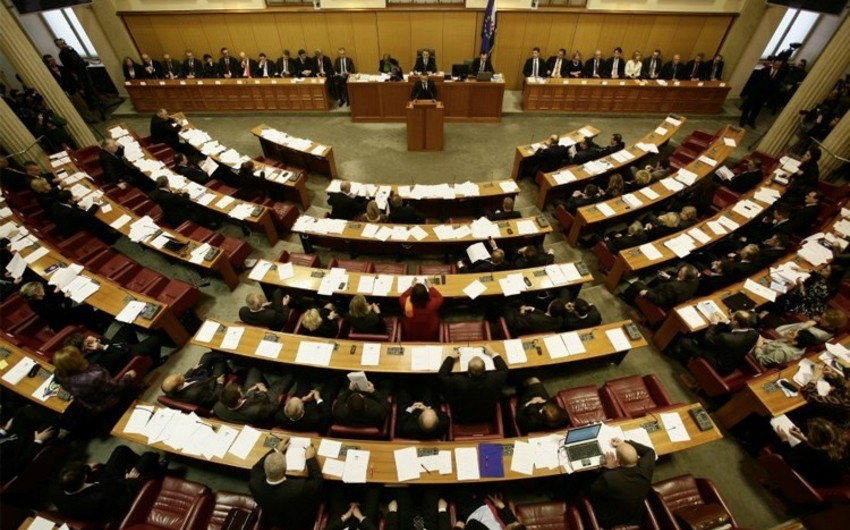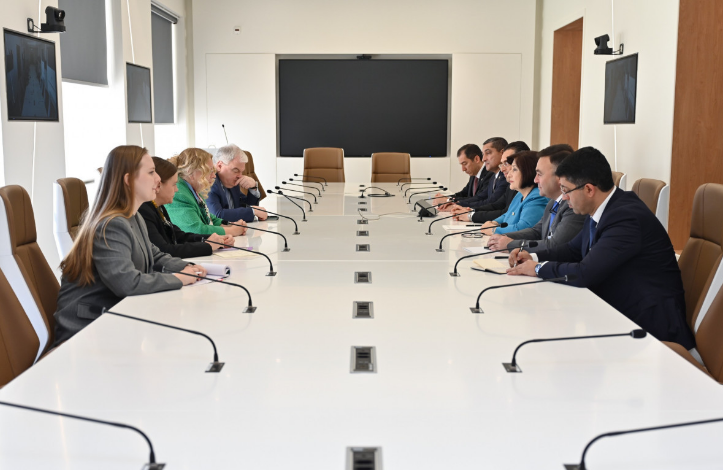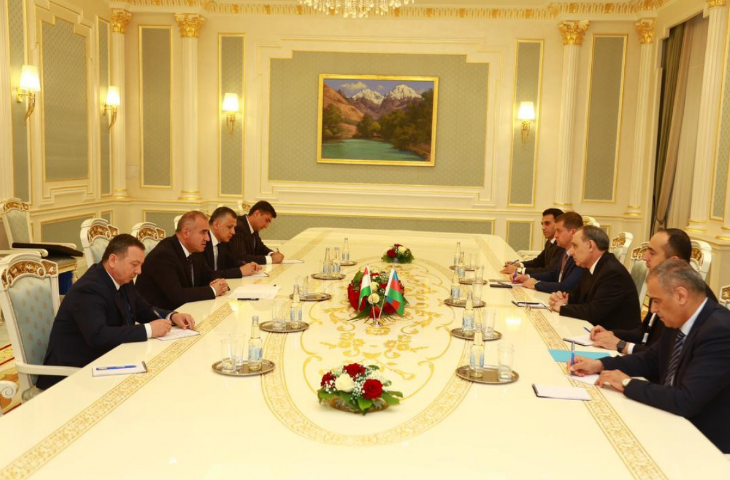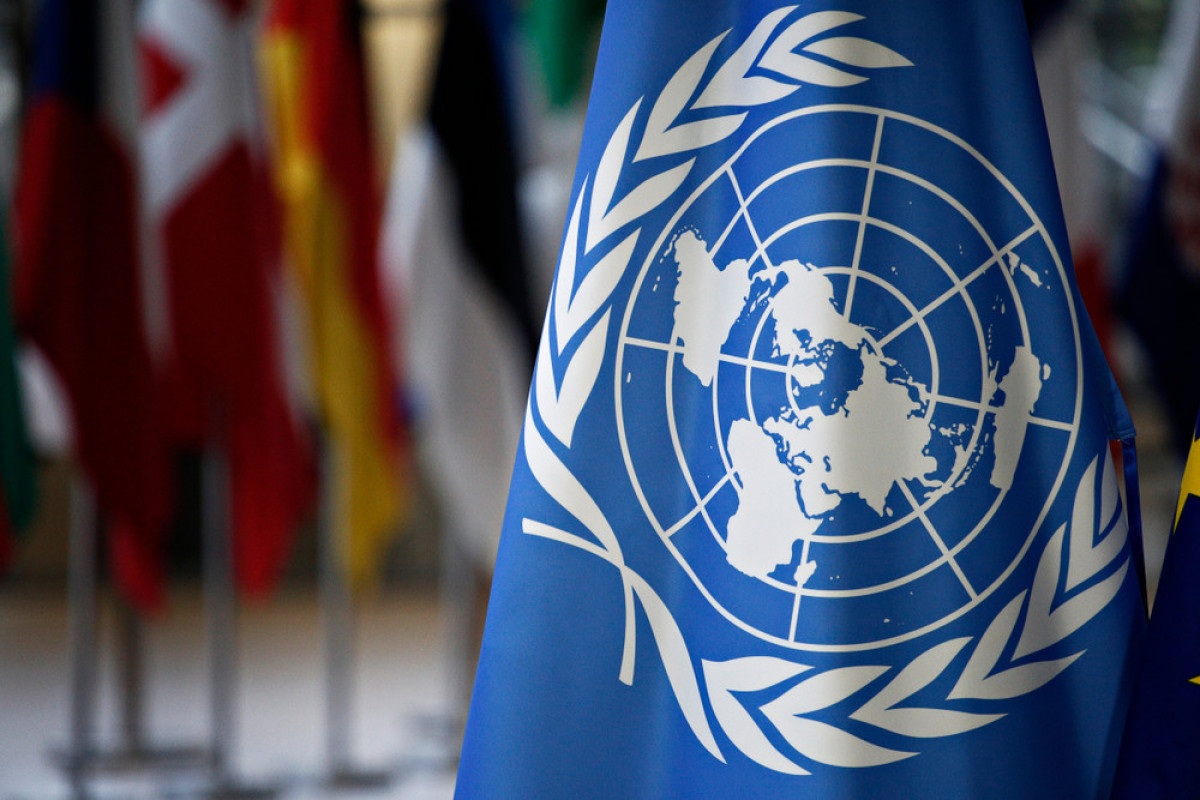In early 2015, “John Doe” sends (out of the blue) an email to the German newspaper Süddeutsche Zeitung (SZ), offering 11.5 million documents from a Panamanian law firm relating to offshore shell companies. SZ accepts. Under the International Consortium of Investigative Journalists (ICIJ), some 400 journalists from 80 countries spend a year sifting through the documents. Then, in a coordinated launch, they present their first findings: With nearly identical language in all media (down to the local TV station in Washington that I happened to watch this week), they talk about the grand new revelations of corruption, money laundering, and financial secrecy by over 140 world leaders.
Most reports, no matter where, feature Russian President Vladimir Putin as the headliner. But that might obscure a much bigger and more twisted story.
The dog that didn’t bark
Despite the headlines, there is no evidence of Putin’s direct involvement—not in any company involved in the leak, much less in criminal activity, theft, tax evasion, or money laundering. There are documents showing that some of his “friends” have moved “up to two billion dollars” through these Panama-based shell companies.
But nothing in the Panama Papers reveals anything new about Putin. It is in fact far less of a story than has been alleged for a long time. For over 10 years, there have been suspicions that Putin has a vast personal fortune, claimed at first to be $20 billion, then $40, $70, even $100… And now all they find is “maybe” a couple of billion belonging to a friend?
This is the dog that didn’t bark.
Some (geo)political context is important here. In recent years, the media has become a key battleground in which Russia and the West have attempted to discredit each other. Early last year, circles in the West sought to use the media to respond to what they described as Russia’s “hybrid warfare,” especially information war, in the wake of the Russian annexation of Crimea and related activities. They identified corruption as an issue where Putin was quite vulnerable. It’s worth looking at the Panama Papers in that context: Journalists are targeting Putin far out of proportion to the evidence they present.
As soon as one delves below the headlines, it’s a non-story. A “friend of Putin” is linked to companies that channel a couple of billion dollars through the offshore companies. Why? To evade Russian taxes? Really? To conceal ownership? From whom? You don’t need an offshore registration to do that. To evade sanctions? That’s a credible reason, but it makes sense only if the companies were registered after mid-2014. Were they?
This information will not harm Putin at all—instead, it gives Putin cover, so he can shrug and say: “Look, everybody does it.” A more serious possibility is that the leaked data will lead to scandals throughout the West, where corruption does matter—a point I’ll discuss. On net, the Russians win.
The cui bono principle connects profits with motives, asking who stands to gain from a certain action. If it’s the Russians who win, isn’t it possible that they are somehow behind at least part of this story?
Who is “John Doe”?
The ICIJ is the self-described elite of investigative journalists—but what have they discovered about the source of all these documents? The only information we have about John Doe is from SZ, which begins its story: “Over a year ago, an anonymous source contacted the Süddeutsche Zeitung (SZ) and submitted encrypted internal documents from the law firm Mossack Fonseca.” When the staff at SZ asked John Doe about his motive, he reportedly replied in an email: “I want to make these crimes public.”
But how can the journalists—and the public—be sure he’s trustworthy, and that the documents are real, complete, and unmanipulated? It’s not clear that John Doe is a single individual, for one, nor why he would have been confident that he could reveal the documents without revealing himself. He’d also have access to a pretty impressive documents cache, which suggests that an intelligence agency could have been involved.
Moreover, the revelation brings collateral damage upon legal business and innocent individuals—was that not a worry? In my view, no responsible person with a real concern for rule of law would advocate this sort of sweeping document release. There might be many unintended consequences; it could topple regimes, with unforeseen consequences. It’s pure and naïve anarchism, if the thinking was (as it seems from the outside) to create maximum chaos and hope it will all purge the system of its evils. In any event, the potential for using such a leak for political purposes is immense.
If “we” (in the United States or the West) released these documents, the motive would apparently be to embarrass Putin. This is part of the fantasy that we can defeat Putin in an information war. If that was the motive, the result is pathetic: No real damage is being done to Putin, but there is collateral damage to U.S. allies.
If the Russians did it, a good motive might be to deflect the West’s campaign against Putin’s corruption. But as I’ve explained, any actual reputational damage to Putin or Russia caused by the Panama Papers is in fact pretty trivial. For that cheap price, the Russians would have 1) exposed corrupt politicians everywhere, including in “model” Western democracies, and 2) fomented genuine destabilization in some Western countries. What I wonder, then: Is it a set-up? The Russians threw out the bait, and the United States gobbled it down. The Panama Paper stories run off Putin like water off a duck’s back. But they have a negative impact on Western stability.
So let’s say that the “who” is the Russians, and the “why” is to deflect attention and show that “everybody does it.” But how? Given Russia’s vaunted hacking capabilities, a special cyber unit in the Kremlin may have been able to obtain the documents. (Monssack Fonseca is maintaining that the leak was not an inside job.) But it is most likely that such an operation would be run out of an agency called the Russian Financial Monitoring Service (RFM). RFM is Putin’s personal financial intelligence unit—he created it and it answers only to him. It is completely legitimate and is widely recognized as the most powerful such agency in the world, with a monopoly on information about money laundering, offshore centers, and related issues involving Russia or Russian nationals. An operation like the Panama Papers, which is only about financial intelligence, would have to be run out of RFM. Not the FSB, not some ad hoc gang in the Kremlin. While it might not (legally) have access to secrets kept by a firm like Mossack Fonseca, it’s privy to lots of international financial information through the international body of which it is a leading member, the Financial Action Task Force. In short, Russians are better equipped than anyone—more capable and less constrained—to hack into secret files.
A more serious Russian motive?
Granted, this would be a complicated operation just to defuse the West’s campaign to point to “Putin the kleptocrat.” But maybe there’s another motive.
As many have already pointed out, it’s curious that the Panama Papers mention no Americans. But it’s possible that they do and that the ICIJ hasn’t revealed that information. Perhaps, since the ICIJ is funded by Americans, they’re not going to bite the hand that feeds them. But suppose the ICIJ actually doesn’t have information on Americans—that calls into question the original data, which if actually real and uncensored would most probably include something on Americans. There are undoubtedly many American individuals and companies that have done business with the Mossack Fonseco crew, and it wouldn’t make sense for a collection of 11.5 million documents involving offshore finances to omit Americans entirely. Perhaps, then, someone purged those references before the documents were handed over to the German newspaper. The “someone” would, following my hypothesis, be the Russians—and the absence of incriminating information about Americans is an important hint of what I think to be the real purpose of this leak.
The Panama Papers contain secret corporate financial information, some of which—by far not all—reveals criminal activity. In the hands of law enforcement, such information can be used to prosecute companies and individuals; in the hands of a third party, it is a weapon for blackmail. For information to be effective as a blackmail weapon, it must be kept secret. Once revealed, as in the Panama Papers case, it is useless for blackmail. Its value is destroyed.
If the Russians are behind the Panama Papers, we know two things and both come back to Putin personally: First, it is an operation run by RFM, which means it’s run by Putin; second, it’s ultimately about blackmail. That means the real story lies in the information being concealed, not revealed. You reveal secrets in order to destroy; conceal in order to control. Putin is not a destroyer. He’s a controller.
Published in : KAFKASSAM

